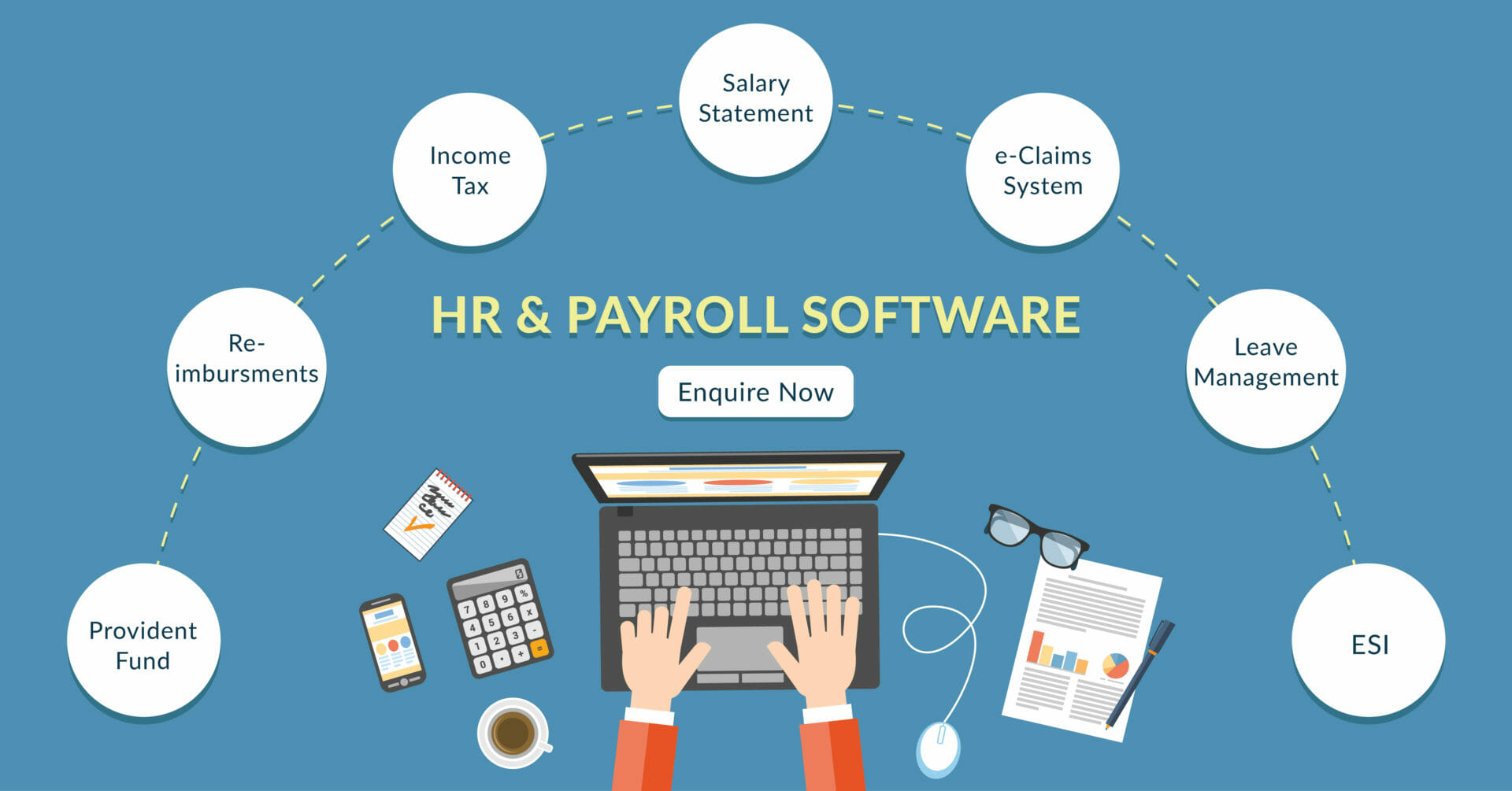Choosing the Best Payroll Management Solution for Your Company

Making the correct payroll management system choice is crucial to guaranteeing compliance and optimizing processes. Here are some important factors to think about to help you choose wisely:
1. Determine Your Needs:
List the precise features you need, such as direct deposit, tax compliance, automated payroll processing, employee self-service portals, and customizable reports.
2. Scalability:
Make sure the program can expand to meet the needs of your company when it hires more staff and adds features as needed. Seek for systems that maintain performance while handling growing complexity.
3. Integration Capabilities:
Select a system that works in unison with the accounting, HR, and time-tracking programs you already have. This will minimize errors and save time by streamlining data flow and lowering the need for human data entry.
4. User-Friendly Interface:
Select software that has an easy-to-use interface. Employee satisfaction is increased as a result of your HR team's payroll activities becoming simpler and employees finding their payroll information easier to obtain.
5. Security:
To safeguard critical employee data, look for strong security features. To prevent data breaches and unwanted access, make sure the program has encryption, safe access restrictions, and frequent upgrades.
6. Customer Support:
Pick a supplier with a stellar reputation for customer service. Dependable support is essential for promptly addressing any problems and guaranteeing seamless functioning. Verify if there are multiple support channels and round-the-clock help available.
7. Cost:
Take into account the entire cost of ownership, which includes setup fees up front, ongoing subscription payments, and any other fees for extra services or upgrades. To choose a solution that satisfies your needs and fits within your budget, compare price plans.
8. Compliance:
Make sure the software is kept up to date with the most recent labor and tax legislation. By doing this, hefty fines are avoided and compliance is maintained. Seek for functions that offer compliance reports and automatically update tax tables.
9. Customization:
Select software that may be tailored to your particular business procedures. Custom reporting, adaptable payment schedules, and specific user rights are a few examples of this.
10. Reviews and Reputation:
Look into customer feedback and the market standing of the supplier. Reliable performance and customer satisfaction can be indicated by positive comments and a solid reputation.
You can choose a payroll management system that improves your company's accuracy, compliance, and efficiency by carefully weighing these elements. Go to OPS Software Solutions for additional details about excellent payroll solutions.
1. Determine Your Needs:
List the precise features you need, such as direct deposit, tax compliance, automated payroll processing, employee self-service portals, and customizable reports.
2. Scalability:
Make sure the program can expand to meet the needs of your company when it hires more staff and adds features as needed. Seek for systems that maintain performance while handling growing complexity.
3. Integration Capabilities:
Select a system that works in unison with the accounting, HR, and time-tracking programs you already have. This will minimize errors and save time by streamlining data flow and lowering the need for human data entry.
4. User-Friendly Interface:
Select software that has an easy-to-use interface. Employee satisfaction is increased as a result of your HR team's payroll activities becoming simpler and employees finding their payroll information easier to obtain.
5. Security:
To safeguard critical employee data, look for strong security features. To prevent data breaches and unwanted access, make sure the program has encryption, safe access restrictions, and frequent upgrades.
6. Customer Support:
Pick a supplier with a stellar reputation for customer service. Dependable support is essential for promptly addressing any problems and guaranteeing seamless functioning. Verify if there are multiple support channels and round-the-clock help available.
7. Cost:
Take into account the entire cost of ownership, which includes setup fees up front, ongoing subscription payments, and any other fees for extra services or upgrades. To choose a solution that satisfies your needs and fits within your budget, compare price plans.
8. Compliance:
Make sure the software is kept up to date with the most recent labor and tax legislation. By doing this, hefty fines are avoided and compliance is maintained. Seek for functions that offer compliance reports and automatically update tax tables.
9. Customization:
Select software that may be tailored to your particular business procedures. Custom reporting, adaptable payment schedules, and specific user rights are a few examples of this.
10. Reviews and Reputation:
Look into customer feedback and the market standing of the supplier. Reliable performance and customer satisfaction can be indicated by positive comments and a solid reputation.
You can choose a payroll management system that improves your company's accuracy, compliance, and efficiency by carefully weighing these elements. Go to OPS Software Solutions for additional details about excellent payroll solutions.


Comments
Post a Comment